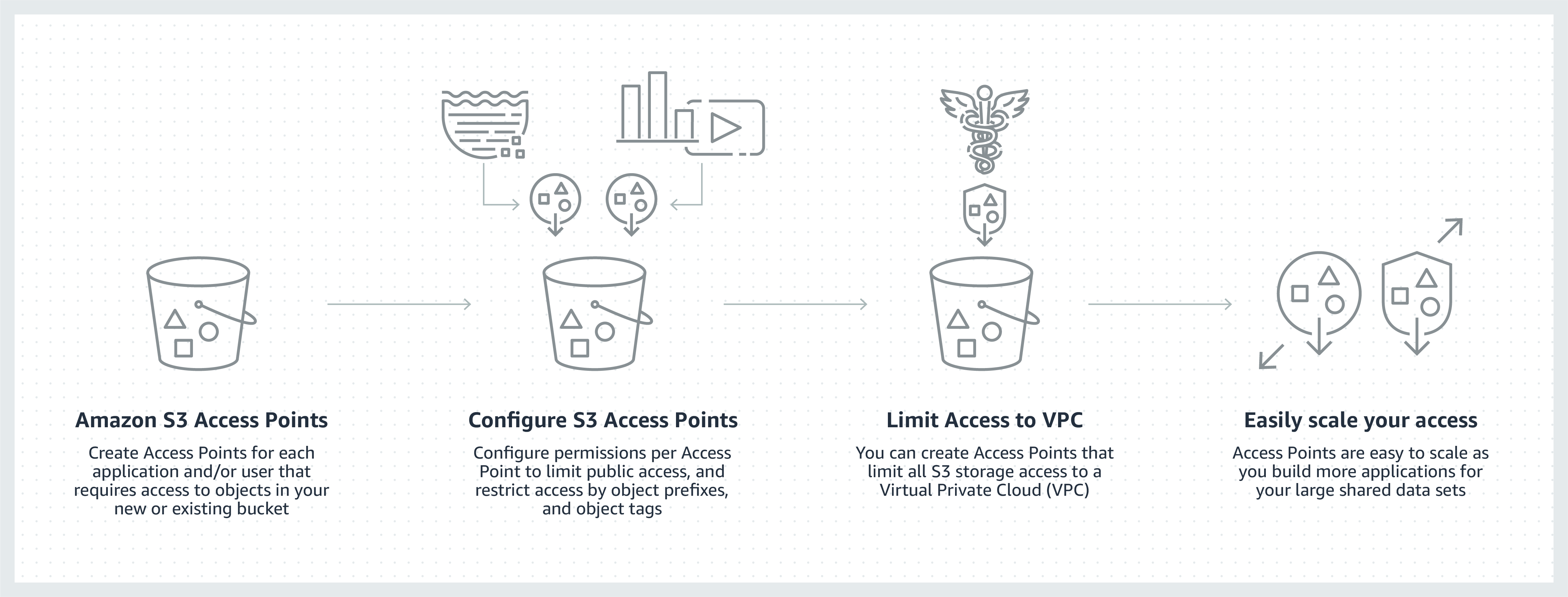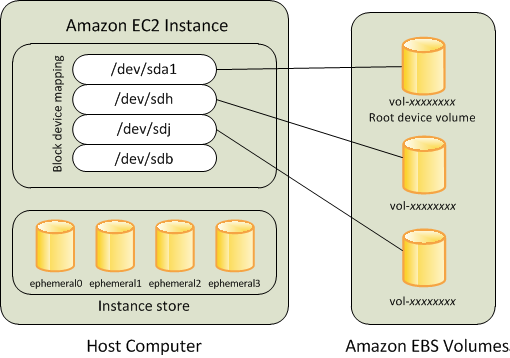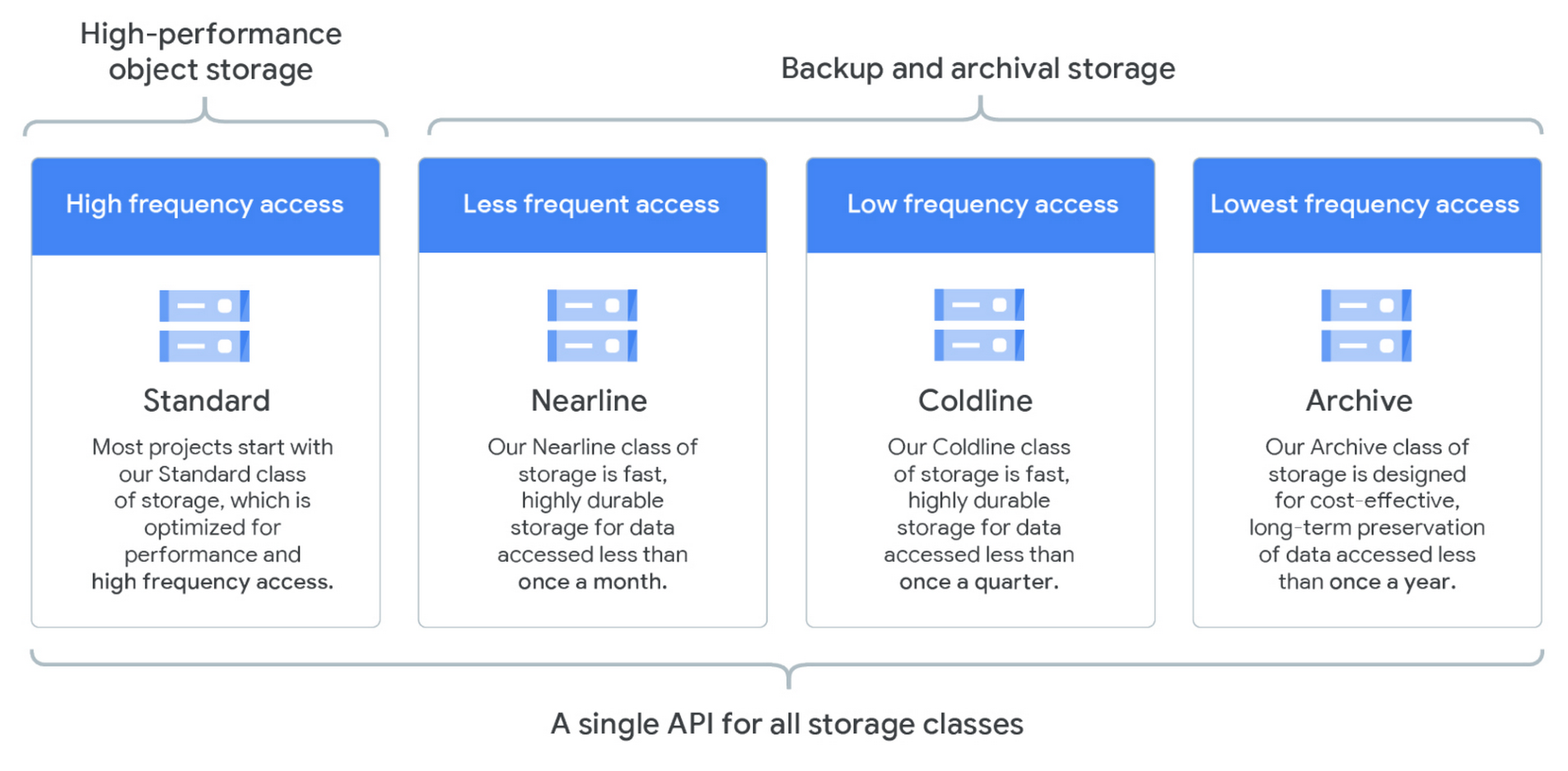-
[AWS] Simple Storage System (Amazon S3)
Provides object storage through a web service interface.
-
[Google Cloud] Storage
A RESTful online file storage web service for storing and accessing data on Google Cloud Platform infrastructure.
-
[Azure] Blob Storage
Scalable, cost-effective cloud storage for all your unstructured data.
-
[AWS] Elastic Block Store (EBS)
Provides raw block-level storage that can be attached to Amazon EC2 instances and is used by Amazon Relational Database Service (RDS).
-
[Google Cloud] Persistent Disk
Durable and high performance block storage for Google Cloud Platform.
-
[Azure] Managed Disks
Durability, scalability, availability, and security for data — from test scenarios to mission-critical workloads.
-
[AWS] Elastic File System (EFS)
A cloud storage service provided by Amazon Web Services (AWS) designed to provide scalable, elastic, concurrent with some restrictions, and encrypted file storage for use with both AWS cloud services and on-premises resources.
-
[Google Cloud] Filestore
A managed file storage service for applications that require a filesystem interface and a shared filesystem for data.
-
[Azure] Files
Fully managed file shares in the cloud that are accessible via the industry-standard Server Message Block (SMB) protocol.
-
[AWS] Glacier
Amazon S3 Glacier & S3 Glacier Deep Archive.
-
[Google Cloud] Archival Storages
Nearline (month), Coldline (quarter), Archive (long-term)
-
[Azure] Archive Storage
Access tiers include: Hot (accessed frequently), Cool (30+ days), Archive (180+ days).














